This Stanford Democracy Day 2023 event featured a Q&A with director Vanessa Hope and a pre-recorded introduction from Taiwan’s Digital Minister Audrey Tang.
With unprecedented access to Taiwan’s sitting head of state, director Vanessa Hope investigates the election and tenure of Tsai Ing-wen, the first female president of Taiwan. Thorough, incisive and bristling with tension, Invisible Nation is a living account of Tsai’s tightrope walk as she balances the hopes and dreams of her nation between the colossal geopolitical forces of the U.S. and China. Hope’s restrained observational style captures Tsai at work in her country’s vibrant democracy at home, while seeking full international recognition of Taiwan’s right to exist. At a time when Russia’s invasion of Ukraine has demonstrated the ever-present threat of authoritarian aggression, Invisible Nation brings punctual focus to the struggle of Taiwan as it fights for autonomy and freedom from fear.
Director Biography
Vanessa Hope is an award-winning producer and director. Vanessa has produced multiple acclaimed films in China including Berlin International Film Festival selection, Wang Quanan's The Story Of Ermei and Cannes Film Festival selection, Chantal Akerman's Tombee De Nuit Sur Shanghai, part of an omnibus of films, The State Of The World. She has also produced her own short films, including China In Three Words, an official selection at DOC NYC. Hope’s additional producing credits include Zeina Durra’s The Imperialists Are Still Alive! and Sarah and Emily Kunstler's feature documentary, William Kunstler: Disturbing The Universe and the award-winning film, Who We Are: A Chronicle of Racism in America. She served as Executive Producer of Paula James-Martinez’s Born Free.
Hope made her directorial debut with the documentary All Eyes and Ears, an exploration of the complex links between the U.S. and China told through the stories of U.S. Ambassador Jon Huntsman, his adopted daughter Gracie Mei, and civil advocate Chen Guangcheng. Hope’s latest film, Invisible Nation, is about the first female president of Taiwan, Tsai Ing-wen, and the story of Taiwan’s geopolitical predicament, with dangerous parallels to Ukraine. Vanessa and her husband, Ted Hope, share a company, Double Hope Films, with many independent fiction and documentary features and series in development. Vanessa is on the advisory board of the Equal Rights Amendment Coalition and the Fund for Women’s Equality.
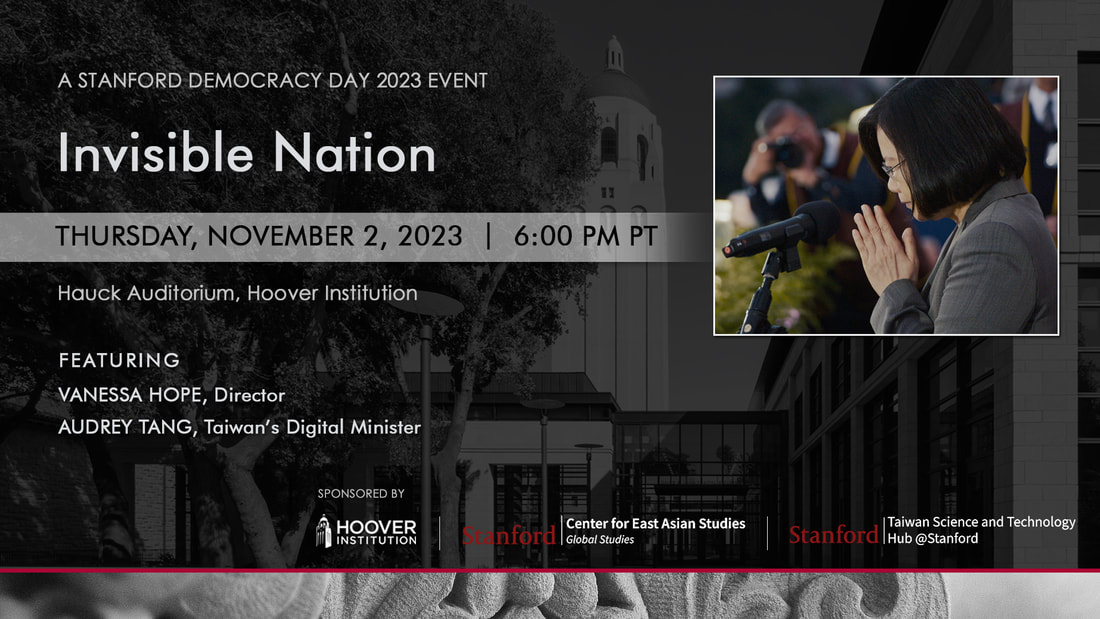

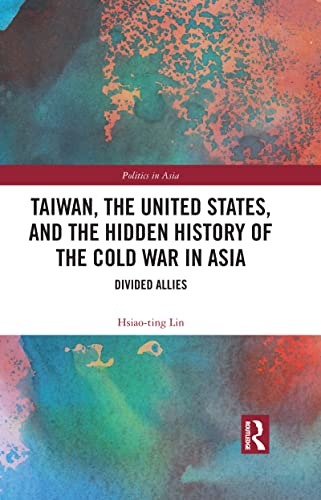
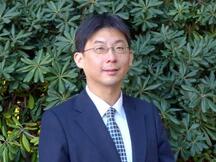

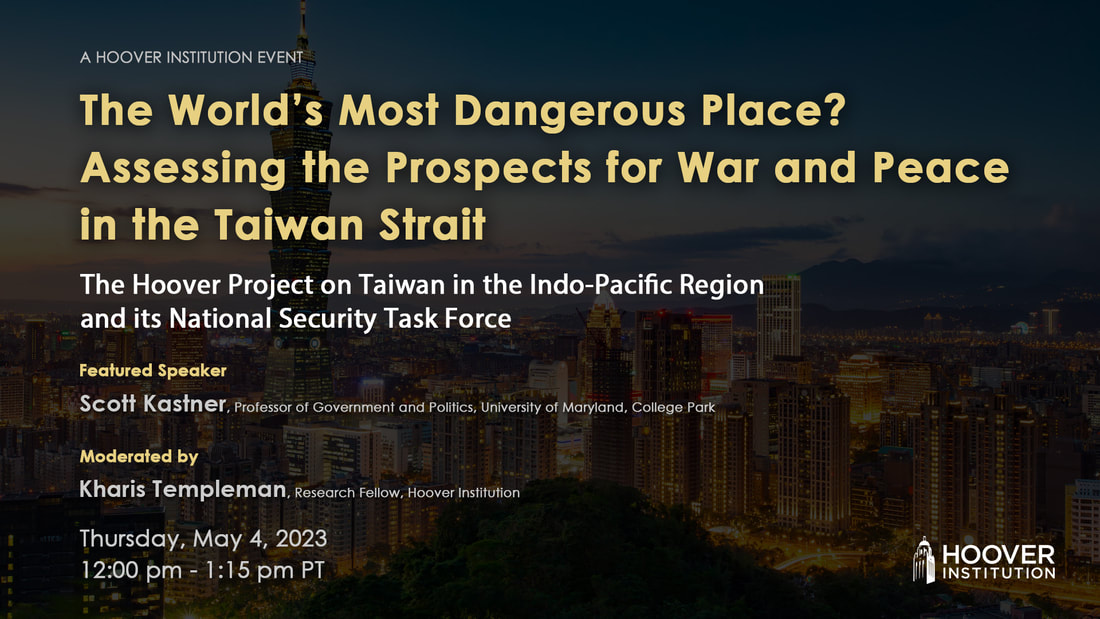
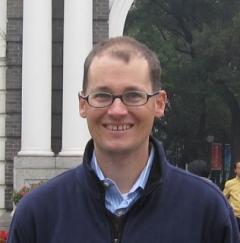
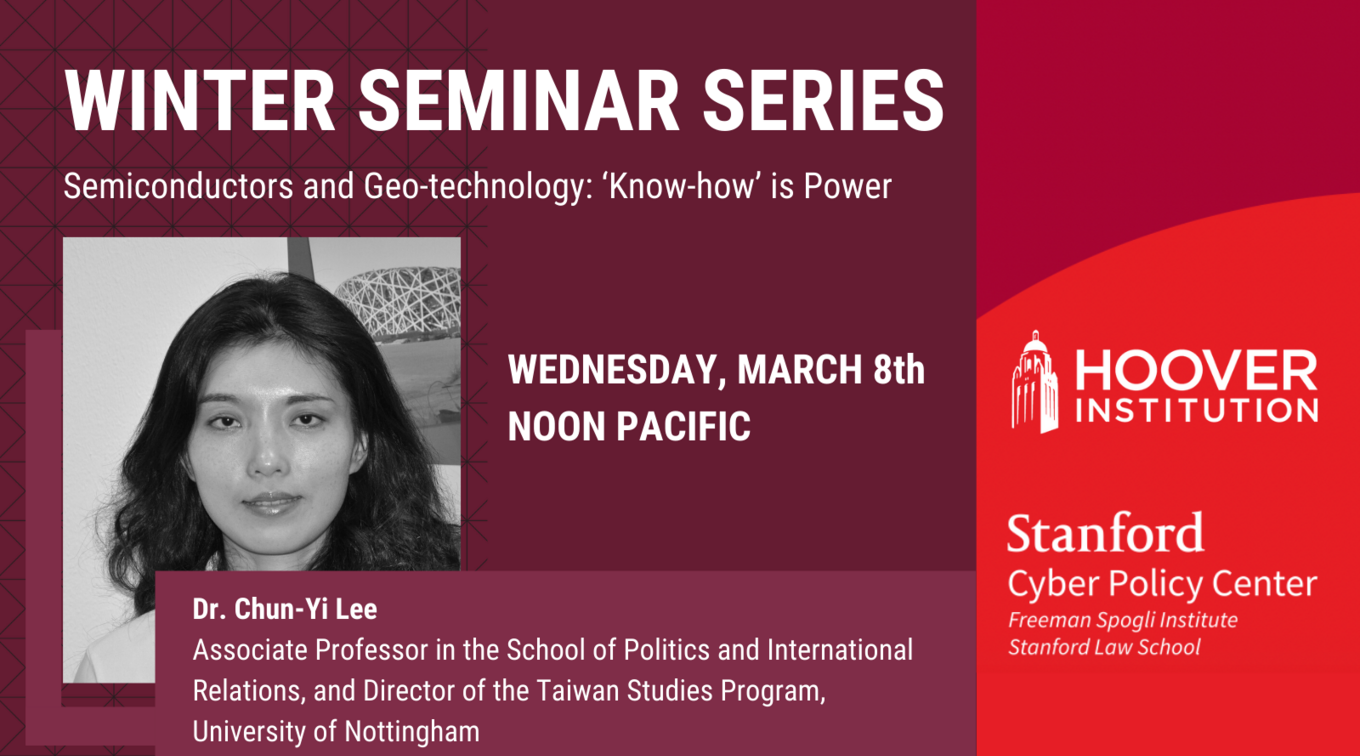

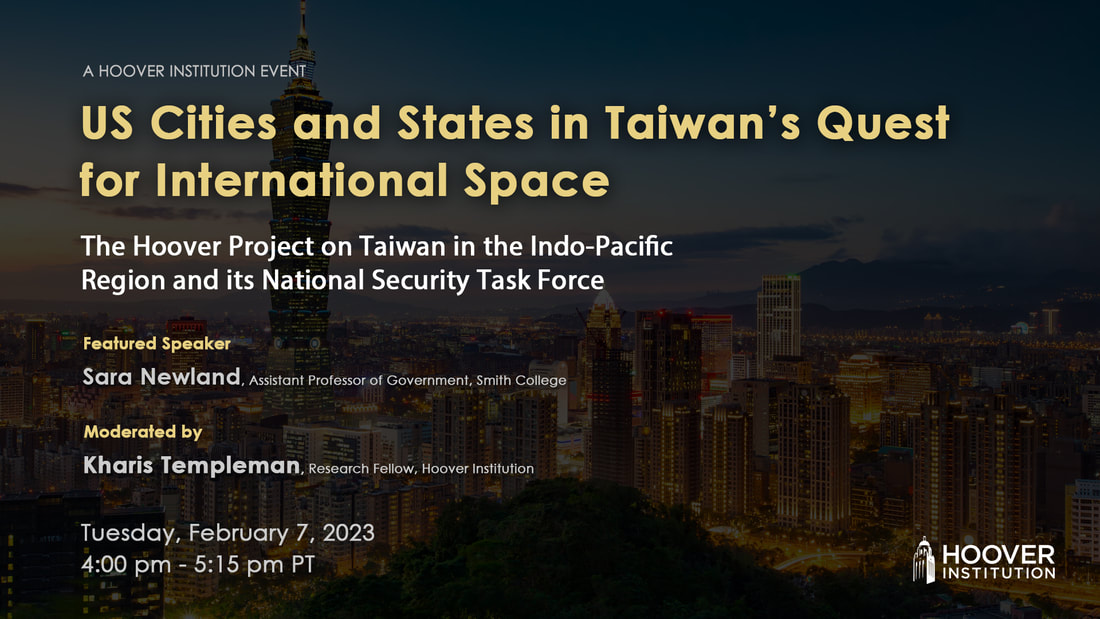


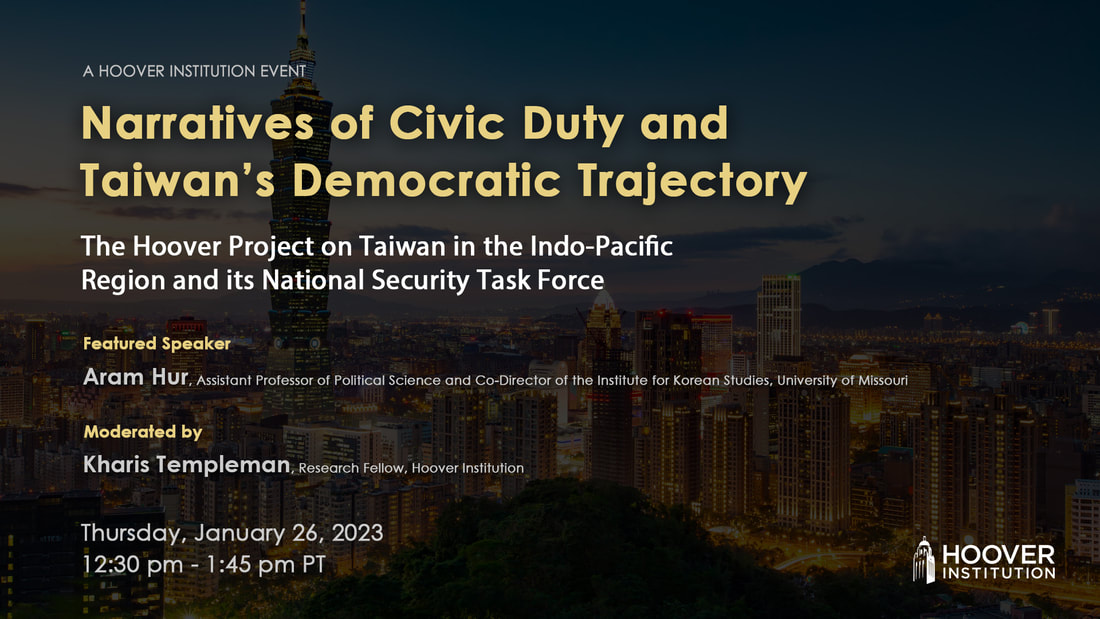

 RSS Feed
RSS Feed
